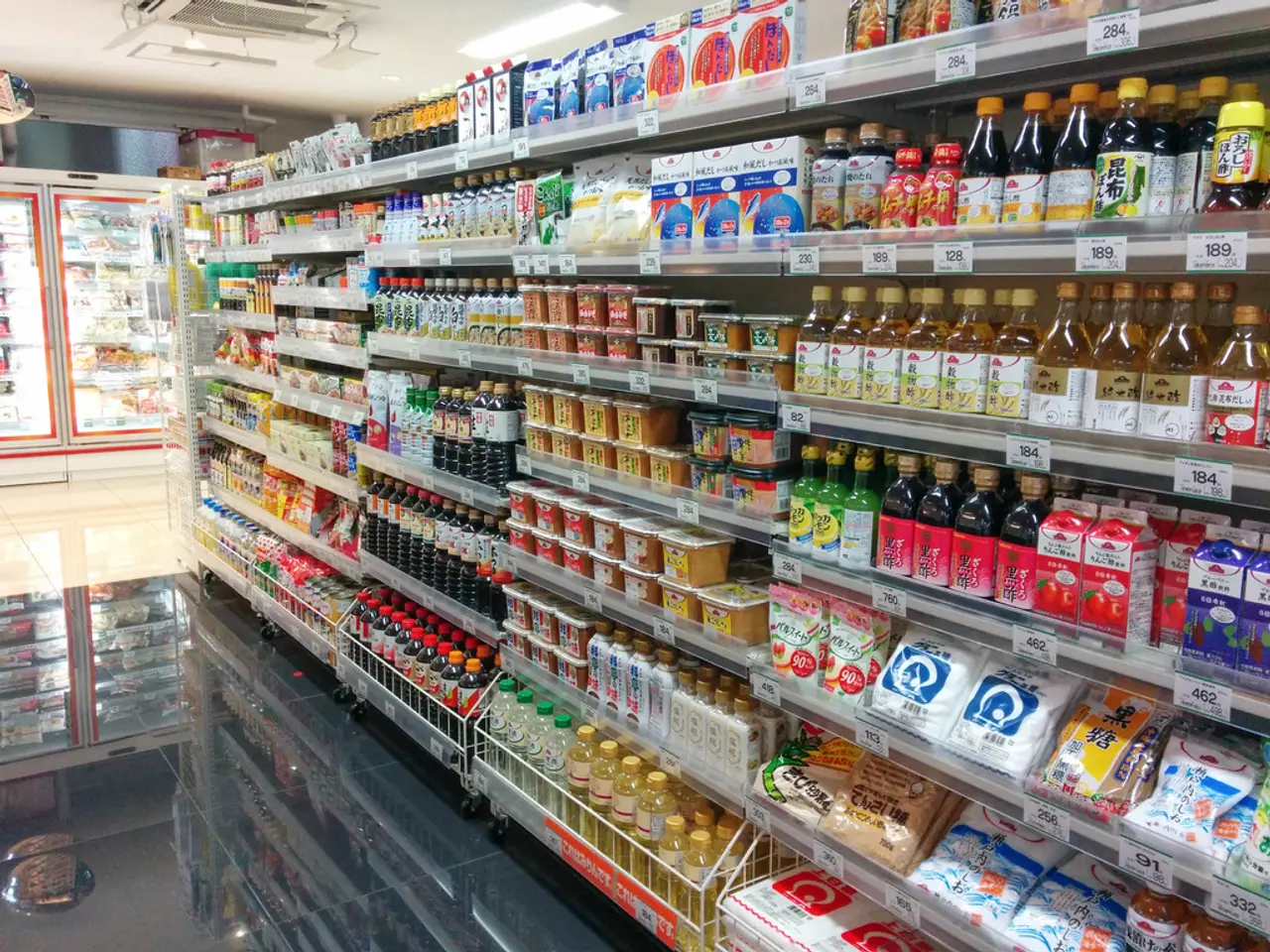Strengthening EU Business Offers Potential Boost to Berber Economy
In a recent survey involving 86 small and medium-sized enterprises from the manufacturing and wholesale sectors in the Bergisch region, it has been revealed that the new 2025 EU–US trade environment has strained trade ties for these companies significantly.
The increased tariffs and more cumbersome customs clearance procedures under this new environment have imposed tariffs ranging from 15% up to 50% on German exports, including those from the Bergisch industrial sectors. This has led to margin compression and raised concerns about competitiveness.
The elevated tariffs have disrupted transatlantic supply chains, with threatened increases up to 30% on EU exports to the U.S. exacerbating the cost burdens for German exporters, including companies in the Bergisch region. These tariffs come on top of a 20% blanket levy imposed in early 2025 that was temporarily paused but now faces extension, increasing uncertainty and costs.
The economic sentiment in Germany, particularly impacting sectors relevant to Bergisch companies (mechanical engineering, metal, automotive, chemical, and pharmaceutical industries), has deteriorated following the trade deal, indicating tangible negative effects on business outlook and growth prospects.
The bureaucracy of customs clearance has intensified due to tighter U.S. import regulations and tariff refund procedures, adding administrative complexity and delays.
In response to these challenges, many Bergisch companies are restructuring their supply chains. They are localizing or regionalizing manufacturing and distribution hubs to avoid tariffs or reduce customs bureaucracy impact. Some firms are reevaluating investment and production plans, seeking to shift elements of production closer to the U.S. market or diversify sourcing to circumvent punitive tariffs.
Some companies are engaging more actively in lobbying and consultations with the EU and U.S. authorities to moderate or adapt tariff policies and retaliatory measures. Companies are also adapting pricing strategies to absorb some increased costs while maintaining competitiveness amid unpredictable tariff escalation threats.
Dr. Andreas Groß, the IHK Vice President, has stated that the U.S. market is expected to lose importance for the Bergish economy. Sales activities will focus more strongly on the EU internal market again. The companies surveyed appreciate the lower trade barriers within the EU, including EFTA countries such as Switzerland.
However, there is a fear that Chinese producers will redirect their originally intended exports to the European Union, increasing competitive pressure for local companies. The key goal of the Trump administration, to encourage higher investments in the USA, does not seem to be fulfilled, based on the survey.
Dr. Groß demands that the EU should work on further free trade agreements to counter increasing protectionism. Almost 40 percent of the companies maintain direct trade relations with the USA, with a large proportion coming from the strong metallurgical industry in the Bergisch city triangle.
Some companies plan to pass on the additional costs from tariffs to their customers in full, while others intend to bear them partially at the expense of their profits. The redirection of Chinese exports could further burden local companies in the European Union.
Finance and business are experiencing particular challenges due to the increased tariffs and customs bureaucracy in the new 2025 EU–US trade environment. As a result, many Bergisch companies are restructuring their finance strategies, with some intending to pass on the additional costs from tariffs to their customers in full, while others plan to bear them partially at the expense of their profits. simultaně business strategies are also evolving, such as localizing or regionalizing manufacturing and distribution hubs to minimize tariffs or reduce customs complexities.




